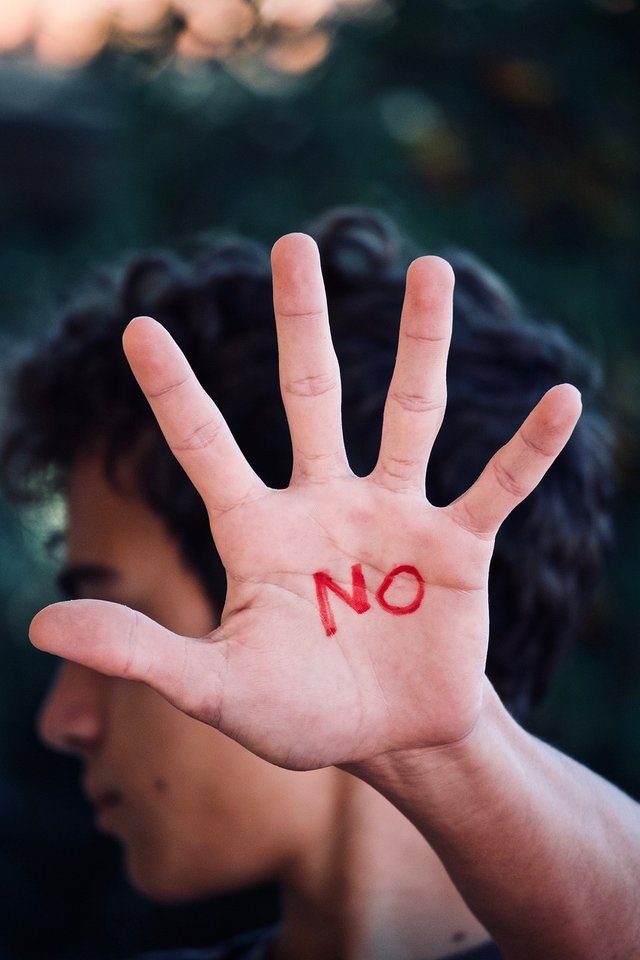There is a story in the Indonesian myth about Nyi Roro Kidul, the ruler of the South Sea. The woman chose the sea to escape from the cruel human world. Her body turned into waves, the dress she wore became foam, while her heart sank in the deepest recesses of the South Sea. But was that really a refugee? Or was it a new form of power? In her transformation, there was a silence that was more than just escaping; she rejected the world and at the same time controlled it.
Meanwhile, Han Kang, in the novel Vegetarian, tells the story of Yeong-hye, a woman who decides to stop eating meat. For the people around her, this is not just a small decision about diet. This is a threat to order. Because, for a world that believes that norms are the foundation, any dissatisfaction is a dangerous crack. From the beginning, we know that this is not a story about vegetarianism. This is a story about a woman who refuses to play in the game that is forced on her.
Yeong-hye is an “ordinary” wife. So ordinary, that her husband feels that it is the best reason to marry her. But when she decides not to eat meat, her “habit” begins to discuss. How could a woman who was so obedient suddenly choose a path that was not right? Her husband became a mirror for a society that was never ready to face any rebellion, no matter how small.
Yeong-hye's body became the center of the conflict. Thin, fragile, and slowly moving away from what is called "human." But in its fragility, there is a power that cannot be touched. Like a dry leaf flying, her body carries a message: she no longer wants to be part of this world. In Javanese myths, humans who go beyond their limits are often punished by becoming something else: a tiger, a crocodile, or a stone. Yeong-hye, on the other hand, chooses her own transformation. She wants to become a tree.
However, the world does not allow someone to change so easily. Her family forces her. They drag her back to the dining table, trying to force meat into her mouth. Violence becomes a tool to “restore” the norm. Ironically, Yeong-hye’s decision to stop eating meat, perhaps born of compassion for other living beings, actually makes her a victim of greater cruelty. Her body, which she wants to let go of, becomes a battlefield.
There is a scene where Yeong-hye’s body is painted with flowers by an artist. She becomes a canvas, a living work of art. But is this liberation? Or is this another form of objectification? In the world of Vegetarian, every escape carries its own trap. Even as she tries to escape from humans, Yeong-hye remains an object of desire and control.
What makes this novel so shocking is its absurdity. How can a decision about food shake a family, an institution, even a social order? This is where Han Kang plays with irony. This so-called “normal” world turns out to be so fragile, so paranoid about small things that deviate, that she uses violence to defend herself.
Yeong-hye herself, amidst the chaos, sinks deeper into silence. She no longer fights back. In one of her most heartbreaking moments, she says, “I want to be a tree.” It’s a simple statement, but it carries a total rejection of the human world. For Yeong-hye, becoming a tree is the ultimate form of liberation – though perhaps also a form of defeat.
Just like Nyi Roro Kidul who chose the sea, Yeong-hye chose her own body as the field of transformation. But, did that transformation lead her to freedom, or to destruction? Han Kang does not provide an answer. He only directs us to the question: can humans really be free? Or is freedom itself an illusion created by a world that wants to dominate us?
At the end of the story, Yeong-hye remains a puzzle. What is important about her is that she has dared to choose. In a world that imposes norms, a choice to refuse – no matter how small and absurd – is not something that is easy to do.

Best regards
You created exclusive and quality content
Team 01 - Steemit Explorers Team
@mikitaly
Downvoting a post can decrease pending rewards and make it less visible. Common reasons:
Submit
Sounds like a mixture of poetry and philosophy - I might like it.
Downvoting a post can decrease pending rewards and make it less visible. Common reasons:
Submit